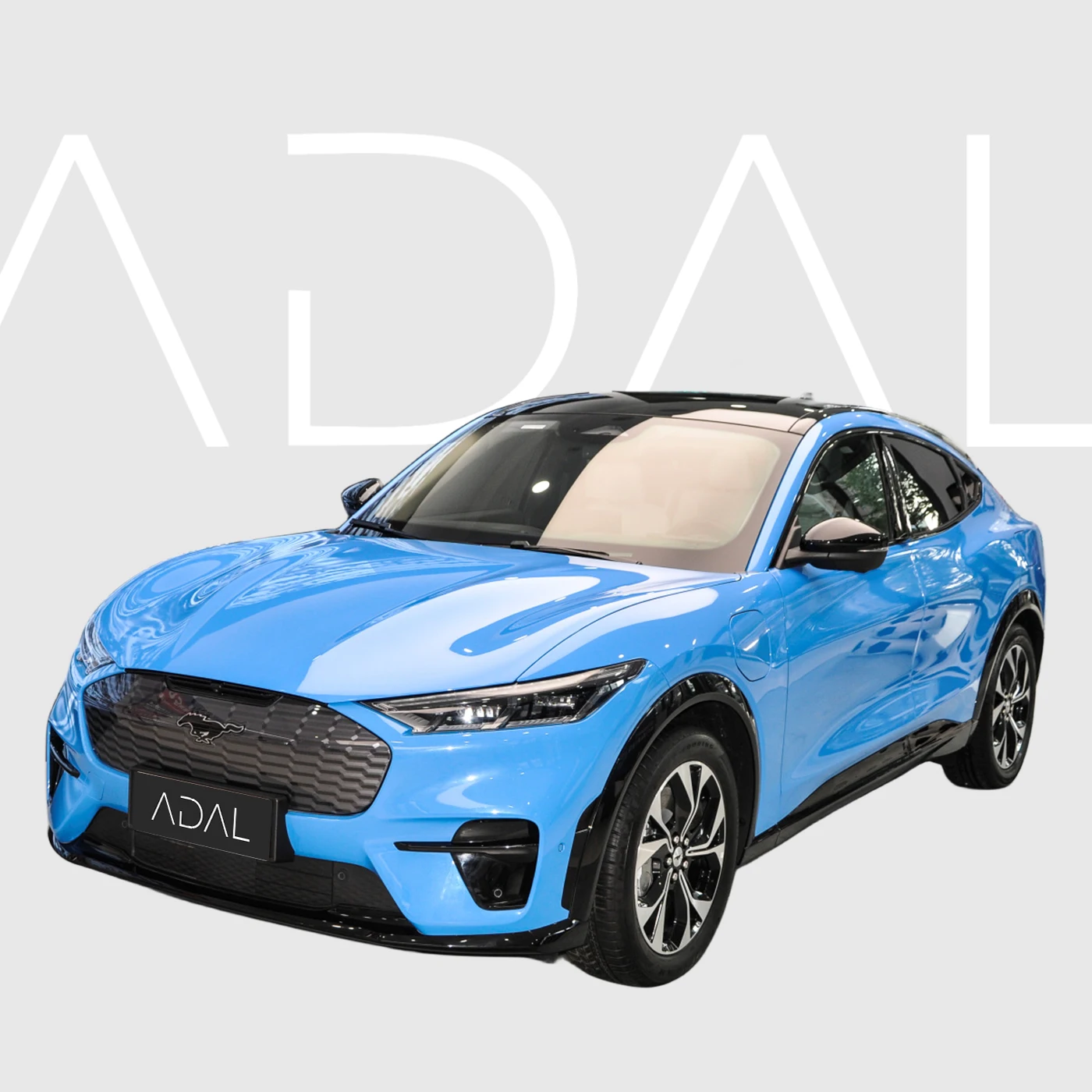In a beautifully varied nation like Thailand, it is difficult to visualize its EV transformation might occur in the grandest of all silences. Once a niche market that has since flourished into life of its own, with the Leaf fronting this charge. A promise it hopes not to break, with some hope that Thailand can be one of the countries marking -- in years rather than decades into the future - its departure from the oil age and entrance into a new epoch where alternative fuel (natural or other) and high-tech live together without conflict. In order to quickly review on these topic, this article will show you the best Nissan electric vehicle (EV) Leaf across our country or at some parts of world and also take a look around their properties & benefits if currently they are still water bottle among passenger in both Thailand and somewhere!!
Thai Roads and the Green Revolution
The rapidly built and continuously expanding cities in the warm climate of Thailand presents a unique set of challenges for electric vehicles. Having said that, the silver lining is possibility as government authorities have started realising this and are putting policies on place to encourage more eco-friendly automotive landscape. The Leaf is Nissan's weapon, its response to the pleathora of new or soon-to-be-arriving environmental whizzers (e-nvaders): it's an entry vehicle. The partnership is also a sign of just how serious Nissan is about sustainability design despite the all-electric powertrain that belches reduced carbon poison out its tailpipe. People might feel that owning a Leaf in Thailand is more participating into some kind of an environmental movement and so much better then just "buy another car" like there are many others on the market.
So is it a shame to sully presumably Thailand's finest Nissan Leaf in the same?
Different lifestyles and needs are catered by a variety of Nissan Leaf models offered to the Thai market. The encore-rivet Nissan Leaf 2018, one of the best-selling electric cars for consumers followed with an even more substantial refresh by upgrading to a battery capacity larger than its competitive debut (at 40kWh), increasing cycle range closer ~243 km on full charge. For those drivers who want just a little more distance, there's the 62kWh high-energy-density (per pound) battery for the 2020 model bringing up to as much of an entirely usable and practical option at any level both commuting or weekend adventurer with completely reasonable distances driving range.
Power Meets Efficiency Fusion
The Nissan Leaf isn't about anything like that; it's simply way more efficient than the rest. Also, importantly, on-the-go torque is provided by that motor--enabling pull from a stop and better acceleration than most internal combustion engines can muster. But even at that pace, the Leaf is eerily quiet to drive -- it motors along making no sound except for some rubber noise from outside. Additionally, via regenerative braking technology, Nissan Leaf can charge its own energy source generated during deceleration from kinetic movement with minimal power applied for maximum range. The competitive results balanced with sustainability emphasize Nissan technology and further entrench Leaf as the smart choice for eco-minded consumers in Thailand.
Before delving into the heart of Nissan Leaf, Popular Models from Thailand
The Nissan Leafs have been popular models over the years in Thailand. The range-topping Tekna variant, which has emerged as a favourite among buyers and comes comprehensively equipped with premium features including leather seats, an impressive Bose sound system and Nissan's pioneering ProPilot semi-autonomous driving technology. People looking to take on a more eco-friendly lifestyle while not sacrificing any comfort or convenience have been tempted by the addition of luxury touches as well state-of-the-art features in its latest model.
Nissan Micra-based car, and the mid-range Acenta which is popular for the same reason - it provides halfway realistic spec at something like halfway sensible money. Their everyday essentials taken care; navigation, climate control and smartphone integration all present in this range-topping Acenta version which looked like your average internal combustion car but with an electric lifestyle.
Why Buy a Nissan Leaf
But the Nissan Leaf looks to be one of the better deals for those contemplating swimming against Thailand's current electric currents. Because of vast governmental incentives (tax breaks and big subsidies), the purchase price of an EV generally gets close to zeroThen gradually expanding charger infrastructure eliminates range anxiety as a concern, thereby solidifying applicability for both city or country dwellers.
Furthermore, the Leaf is so much easier and cheaper to run on an ongoing basis that it must be miles ahead in whole-of-life cost competitiveness. Because the Leaf and electric vehicles like it contain fewer parts that move in comparison to internal combustion engine cars they are theoretically more reliable but also require less frequent servicing, while saving pure electricity over petrol or diesel is a no-brainer.
So let's not get carried away; but put quite bluntly, for more than anything else in Thailand the Nissan Leaf is a symbol - of progress and conservation to offer an example of how we should be driving cleaner into the future. The vehicles largely comprising lists of 10 most wanted Nissans Leafs are a signal light to the potential innovation and environmental stewardship in an economically energized turn towards electric for the country. And now, literally ever Thai driver who can be bothered to does debris the green revolution on wheels gets a Nissan Leaf, if they like all bells-and-whistles, full-performance Tekna or more practical Acenta.
 EN
EN
 AR
AR
 HI
HI
 RU
RU
 ES
ES
 TL
TL
 ID
ID
 UK
UK
 VI
VI
 TH
TH
 TR
TR
 MS
MS
 BE
BE
 HY
HY
 AZ
AZ
 BN
BN
 HMN
HMN
 LO
LO
 LA
LA
 MY
MY
 KK
KK
 TG
TG
 UZ
UZ
 KY
KY
 LB
LB


